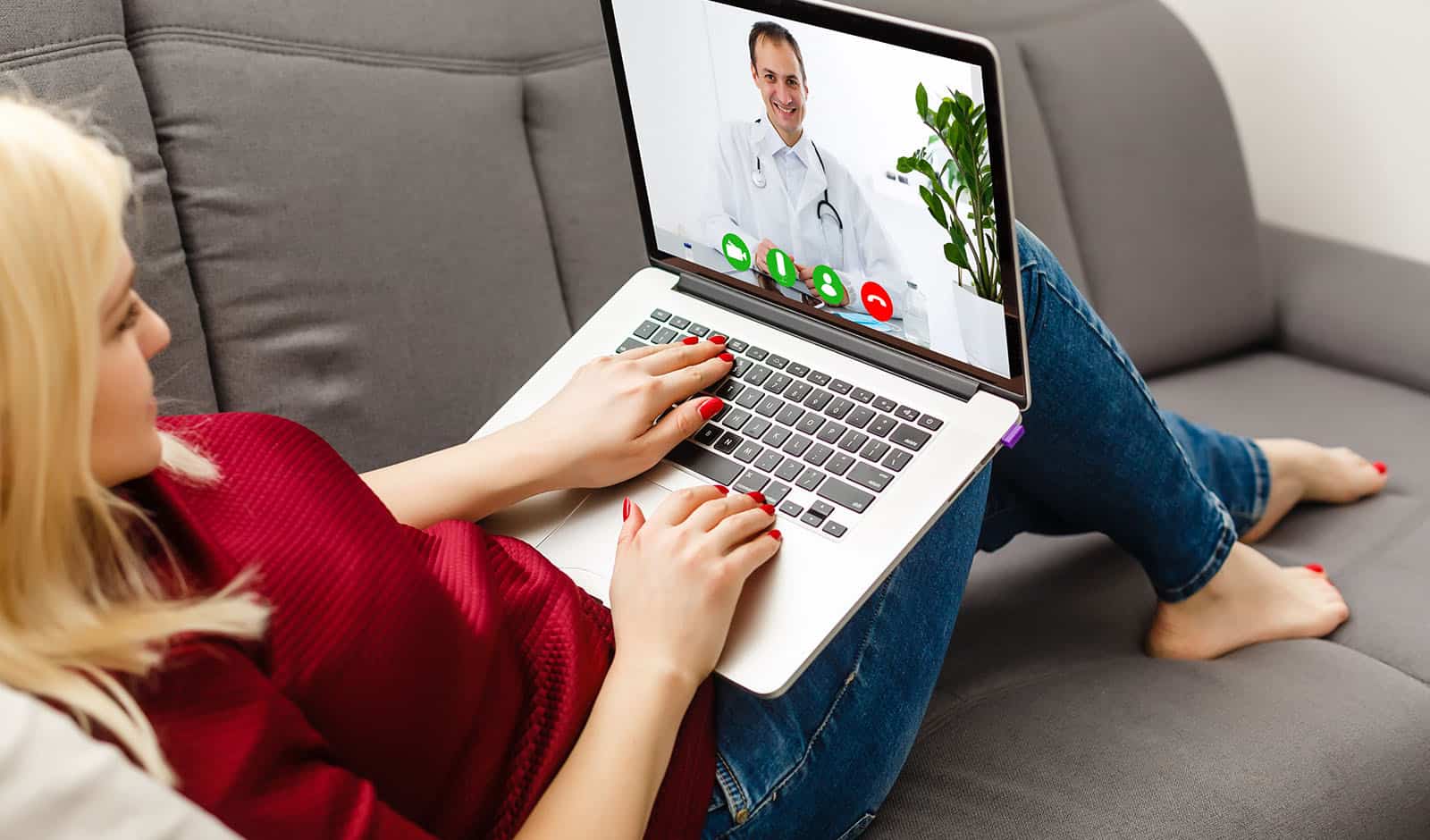

If you’re getting ready for cosmetic surgery, you might be wondering what to expect during a consultation. A consultation with a surgeon before your surgery is scheduled allows you to ask questions, get a sense of what to expect, learn about any potential complications, and more.
Getting a consultation allows you to determine whether or not you want to move forward with the surgery. It also gives you time to meet with several potential surgeons and choose the one that is right for you.
Here is what you should expect in regards to your consultation.
Meet with several surgeons
Be prepared to have several different consultations with different surgeons at different clinics. Some people make the mistake of only having one consultation. By having several, you increase your chances of finding the right surgeon for you.
You want a surgeon that has experience, that can answer all of your questions, and that you feel comfortable communicating with.
You should ask for recommendations, check out websites of local surgeons, and read online reviews. For example, a search such as “cosmetic surgery London” will bring up recommended surgeons in London, such as Dominic Bray and Rajiv Grover; some websites may have customer testimonials, but you should also look for reviews of the surgeon on other sites.
Come prepared with medical history
During your consultation, your surgeon is going to have questions about your medical history. Come prepared to answer any medical questions as honestly as possible.
Learning about your medical history allows the surgeon to determine if you’re in good enough health for the surgery or if they need to take additional precautions to keep you safe.
They will have questions such as when you last saw your primary physician, if you’re on any medications, if you have any existing health conditions, if you’ve had prior surgeries, and if you’ve ever had complications during or after surgery. They will also ask about your smoking and drinking habits; nicotine and alcohol consumption can cause major complications.
Think about questions in advance
The consultation is also a time for you to ask questions as well! Your surgeon could make you feel welcomed and be able to easily answer any questions you might have.
You might have questions about their credentials, their experiences (such as how many other times they’ve performed the surgery), if you are a good candidate for the surgery, who else will be assisting with the surgery, and how any complications will be handled.
Do research ahead of time to determine what types of questions you should be asking and come prepared with a list. If you feel like the surgeon doesn’t adequately answer your questions, they might not be the right surgeon for you.
Get ready for a physical exam
Most of the time, there will also be a physical exam as part of the consultation. This is another way that the surgeon makes sure that you’re a good candidate for the surgery and that you’re in good physical health.
Depending on the type of surgery, you may need to remove articles of clothing. For example, if you’re considering a breast reduction, you may need to remove your shirt and bra, and wear a medical gown instead.
The physical exam also allows you to further assess how you feel about the surgeon’s techniques. You may realize that they have a poor bedside manner and that you would prefer a surgeon that is more friendly or professional.
Talk about finances
Finally, be prepared to talk about finances during the consultation. If your surgeon doesn’t bring the topic up themselves, make sure to ask about the typical cost of the surgery and what your financial options are.
For example, some surgeons might require you to pay a down payment before having the surgery. Others may expect you to pay the full amount of the surgery the day. Knowing what to expect can help you decide on whether or not you can cover the costs.
Also, you’ll want to see if the surgery is covered by your insurance providers. Many providers will not cover cosmetic surgery if it is not medically necessary; this is because cosmetic surgery is often optional.
Final thoughts
Your cosmetic surgery consultation is an important time for both you and your surgeon to talk through the procedure and make sure that you’re a good candidate for the surgery. Take the time to talk to several surgeons. This will allow you to make an informed decision on which surgeon can best meet your needs.























